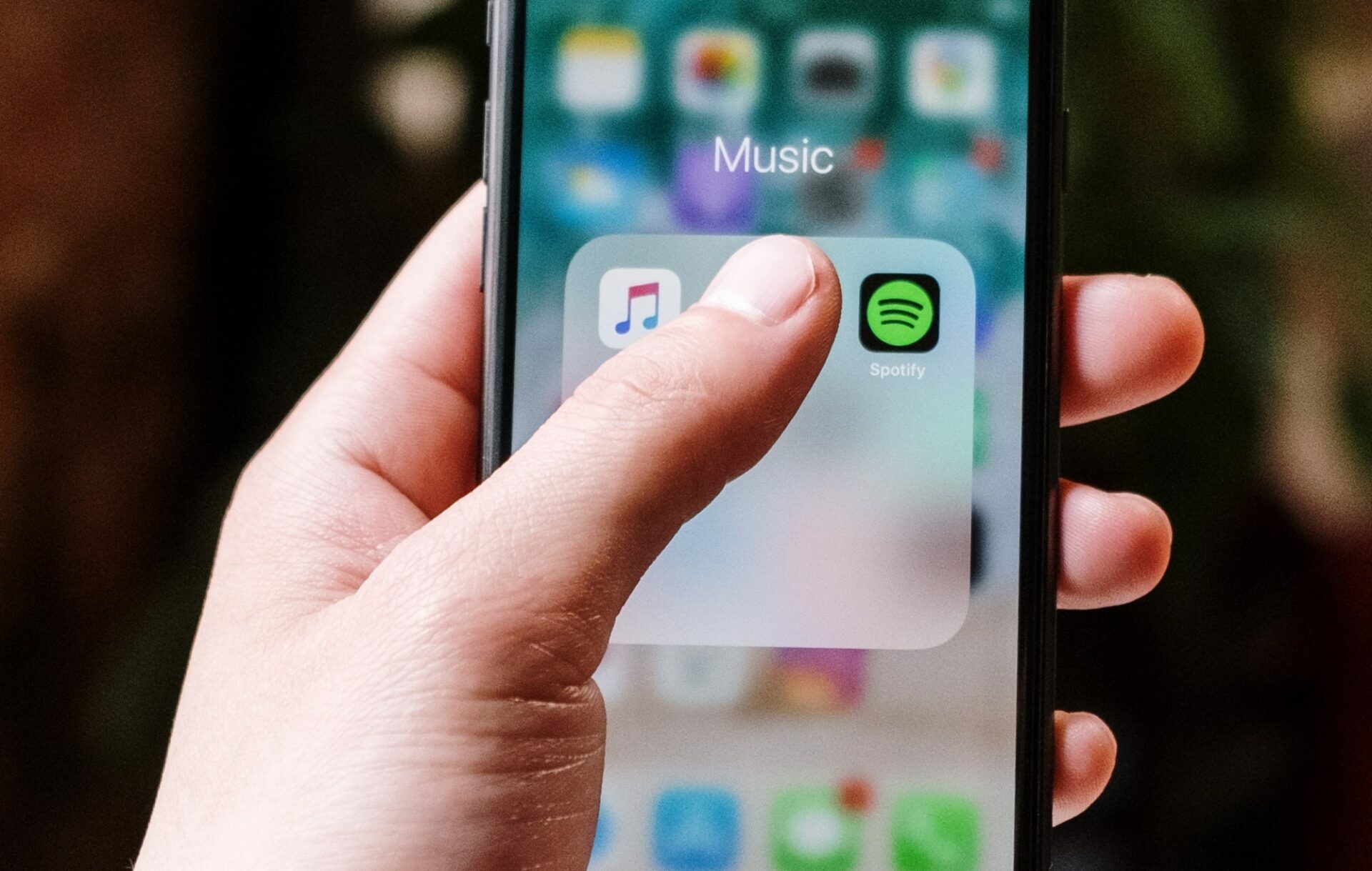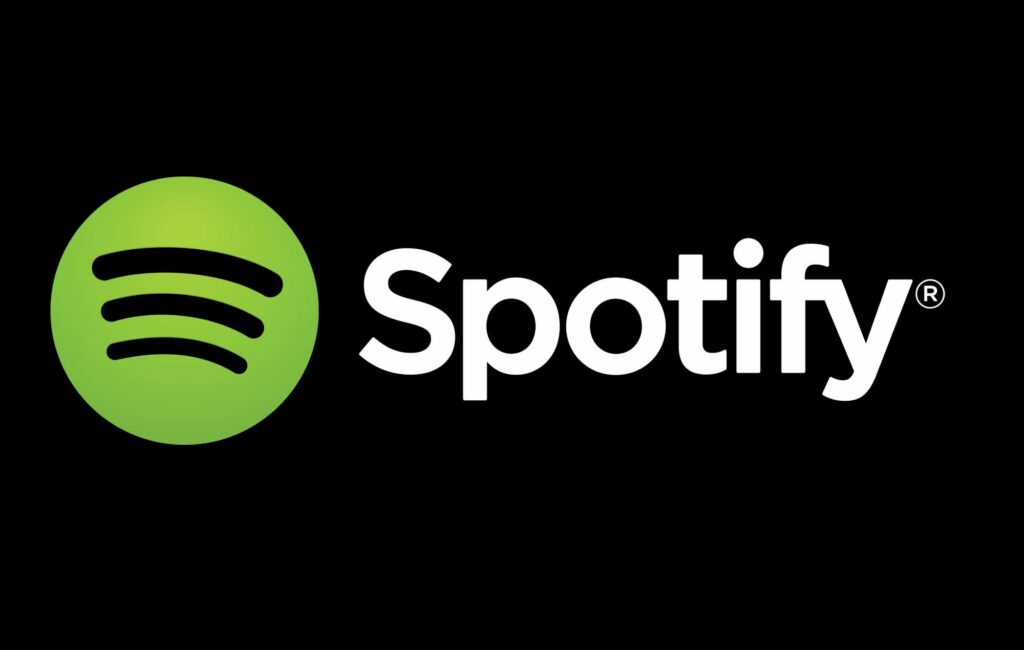AIM writes to MPs urging rethink of music streaming royalties proposals
The bill "misses the fundamental point", argues the Association of Independent Music

The Association of Independent Music (AIM) has written an open letter to MPs urging a rethink of a Bill that it claims will worsen instead of help the music streaming renumeration system in the UK.
In its letter AIM has set out its concerns over Labour MP Kevin Brennan’s Private Member’s Bill, which is to be brought before Parliament tomorrow morning (December 3). Brennan is a long-time member of the Musicians’ Union, as AIM members noted in its letter, and is “close to campaigners who have called for changes to the way music streaming works”.
But AIM has argued that Brennan’s Bill, however unintentionally, will only exacerbate existing problems with the way that acts are paid for streams of their music.
“This very closeness to the coalface of music may have resulted in a Bill that could improve the outcomes for a few whilst inadvertently damaging the many,” part of the letter, which you can see in full here, reads. “The Bill misses the fundamental point that we should be working together to build value in music for all stakeholders in a market that is still 50% down on its peak.”
The letter, addressed from the CEO of AIM Paul Pacifico, continued: “In a world where 80% of streaming revenues go to just 1% of participants, the Bill does nothing to change the current concentration of wealth. The top 1% would get richer and the pool of investment for new artists would decrease. Bearing in mind that the UK streaming market already pays 66% of its revenues to ‘catalogue’ rather than new music, this substantially favours older artists – many of whom are actively campaigning for this change.
“A key proposal in the Bill is a compensation mechanism called ‘equitable remuneration’. This sounds like it means ‘fair payment’, but it does not. Nor does it mean ‘a fair day’s pay for a fair day’s work’. It is a highly complex mechanism that risks costing many of those it claims to help far more than it will ever deliver.”
The letter went on to note that an independent study published in September on Music Creators’ Earnings In The Digital Era, which was commissioned by the Intellectual Property Office, argued that “confusion and misunderstanding characterise much of the public debate”. The authors of the study said that there isn’t sufficient evidence to support what Brennan’s Bill proposes.
“A recent analysis intended to support this proposal by a well-known music industry accountant revealed that only a handful of artists, on the worst legacy deals, would stand to benefit. Reports from Spain, where a similar system exists, indicate that a few highly successful artists on legacy contracts benefit, but middle and lower-tier earners lose out,” the letter added.
The Copyright (Rights and Remuneration Of Musicians) Private Member’s Bill was backed by cross-party MPs and musicians last month.
Dubbed the ‘Brennan Bill’, it will seek to present solutions to the ethical issues posed by streaming services regarding fair remuneration for musicians. Spotify, for example, is known to pay between $0.003 (£0.0022) and $0.0084 (£0.0063) per stream.

The Bill serves as a follow-up on key recommendations proposed by a cross-party group of MPs who sit on the Digital, Culture, Media and Sport Select Committee, of which Brennan is a member. Their recommendations were made after carrying out an in-depth inquiry into music streaming.
The inquiry looked at the relationship between artists and labels, and the impact of an artist’s record deal on how much they earn from streaming services. For many artists, their record deals were negotiated before streaming services became popular.
The Bill has received support from The Musicians’ Union and the Ivors Academy, as well as MPs and The Sex Pistols’ Glen Matlock. However, organisations including the British Recorded Music Industry (BPI) have voiced concerns along with AIM.
A BPI spokesperson said in a statement last month: “This Bill would bind British music in red tape, reduce income for the most entrepreneurial artists, stifle investment and innovation by record labels, and disproportionately harm the independent sector. It would create huge uncertainty and deny many of the next generation of artists their shot to build a career. It completely misunderstands today’s music business, and the value that labels provide in finding and nurturing talent.
“Labels are committed to ensuring artists are rewarded in line with their success from streaming, but just as British music is finally climbing out of its long downturn, this misguided, outdated regulation would be a damaging step backwards, eroding the foundations of the UK’s extraordinary global success in music.”
